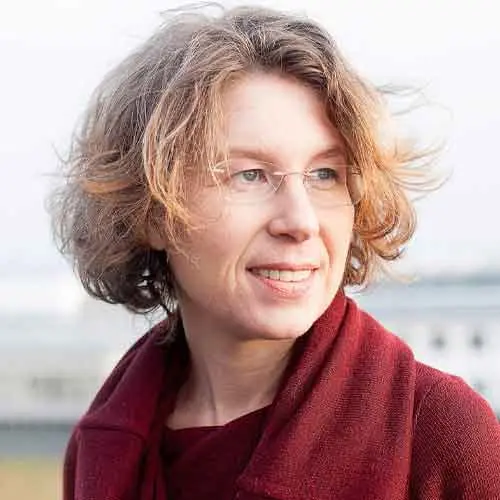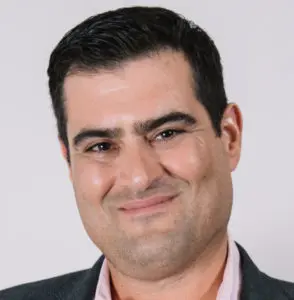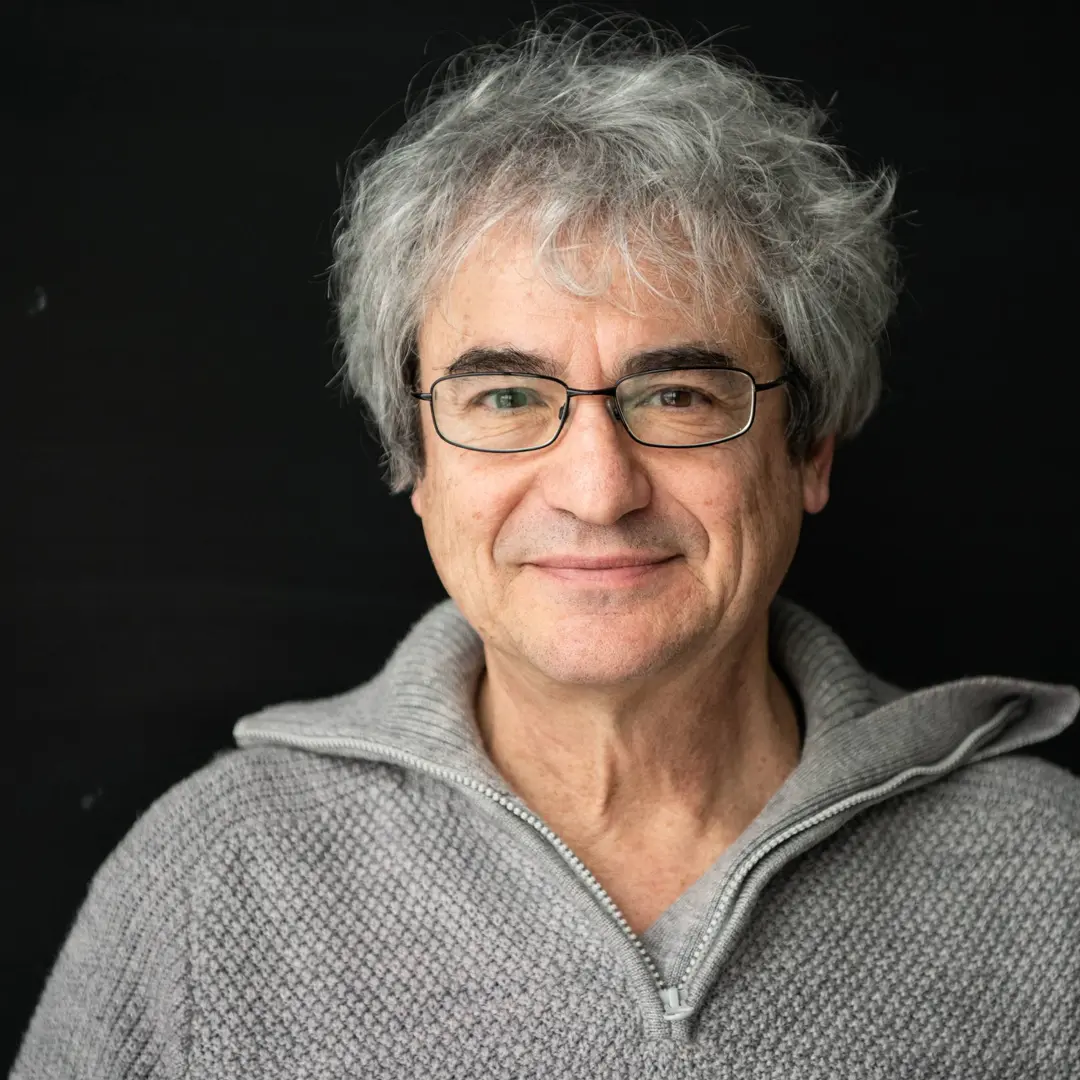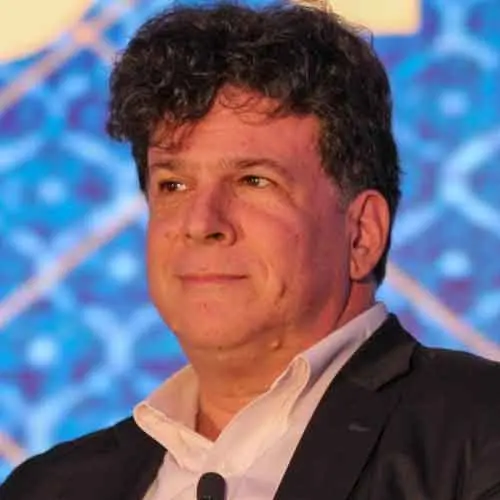Monday 25th July - 06:00 PM BST
IAI Live YouTube Special - Quantum Physics and the End of Reality
Can quantum physics explain consciousness?
This is a FREE event open to everyone. Join on IAI.tv or stream it live on YouTube. This July 25th at 6pm BST / 1pm ET.
We imagine physics is objective. But quantum physics found the act of human observation changes the outcome of experiment. Many scientists assume this central role of the observer is limited to just quantum physics. But is this an error?
As Heisenberg puts it, "what we observe is not nature in itself but nature exposed to our method of questioning." In all our studies of reality and nature then, the observer plays a role -- not just in quantum physics.
Should we recognise science can never access reality independent of the observer? Should we re-define science not as uncovering objective truth, but as uncovering the functions, limitations and structures of the mind of the observer themselves? And if we cannot remove the observer, might quantum physics help us to understand the observer? - as Roger Penrose suggests consciousness "reeks of something quantum mechanical."
6.00pm
Headline Debate - The Arena
Quantum Physics and the End of Reality
Big ideas in your inbox.
Updates from the world's greatest minds - plus offers and discounts.
Sabine Hossenfelder
"Theoretical physicists used to explain what was observed. Now they try to explain why they can't explain what was not observed."
Fearlessly critical of the scientific mainstream, Sabine Hossenfelder is a groundbreaking theoretical physicist who specialises in the foundations of science. She is a leading science communicator, a best-selling author, and a researcher. Her recent books include Lost in Math: How Beauty Leads Physics Astray, and the New York Times' Best Selling Existential Physics: A Scientist's Guide to Life's Biggest Questions.
Hossenfelder also has a popular YouTube channel, "Science without the gobbledygook," that has amassed over 80 million views. Her writing has featured in some of the world's top publications, including Scientific American, New Scientist, and Nautilus.
“A physicist who is utterly fearless, completely honest, and quite funny.” - Peter Woit, mathematical physicist
Brian Keating
Brian Keating is a groundbreaking American cosmologist who works on observations of the cosmic microwave background, leading the BICEP, POLARBEAR2 and Simons Array experiments.
Carlo Rovelli
Pioneering physicist
Carlo Rovelli is an Italian theoretical physicist who works mainly in the field of Quantum Gravity. Carlo's popular science book Seven Briefs Lessons on Physics has been translated into 41 languages and sold over one million copies, and he has authored other best-selling books including Reality Is Not What It Seems (2015) and The Order of Time (2018). In 2019 he was named one of the 100 most influential thinkers by Foreign Policy magazine.
Rovelli has developed the theory of loop quantum gravity and made significant contributions to the field of relational quantum mechanics. He has also written extensively about the history and philosophy of science.
Eric Weinstein
Eric Weinstein is a mathematical physicist and the host of the podcast The Portal. He is the former Managing Director of Thiel Capital in San Francisco and was formerly a Co-Founder and Principal of the Natron Group in Manhattan as well as a Visiting Research Fellow at Oxford University in the Mathematical Institute. Since completing a PhD dissertation in the Mathematics Department at Harvard in 1992 he has held research positions in Mathematics, Physics, and Economics departments (at MIT, Hebrew University, and Harvard respectively). He delivered the Special Simonyi Lectures at Oxford University in 2013 putting forth a theory he termed “Geometric Unity” to unify the twin geometries (Riemannian and Ehresmannian) thought to ground the two most fundamental physical theories (General Relativity and the so-called Standard Model of particle theory respectively).





